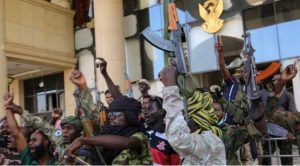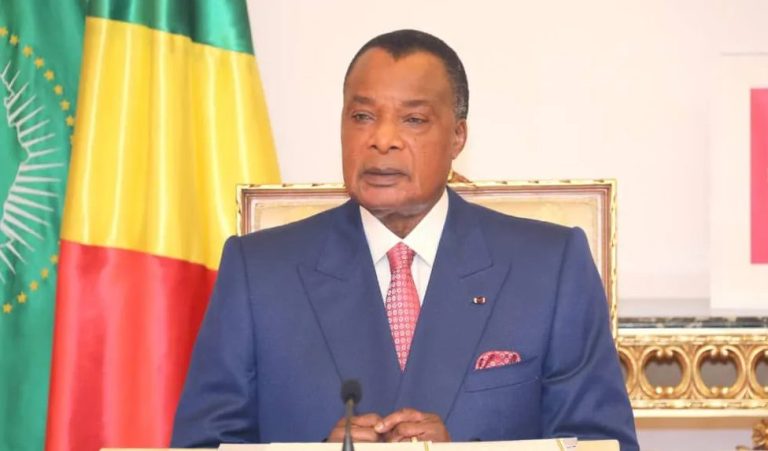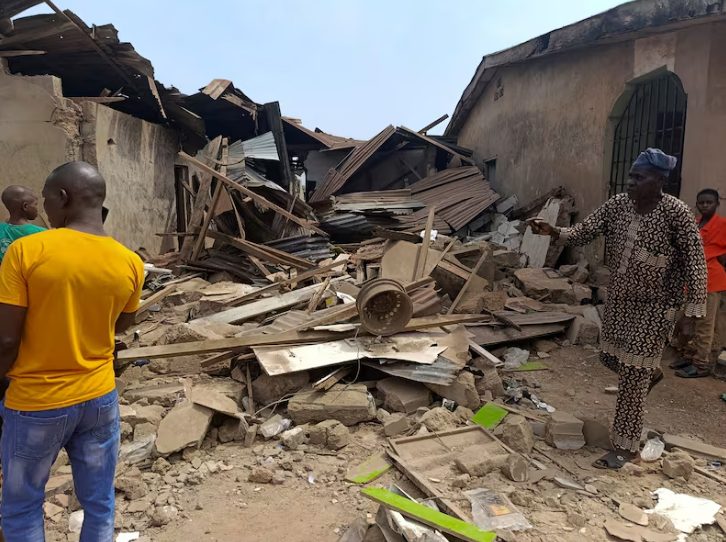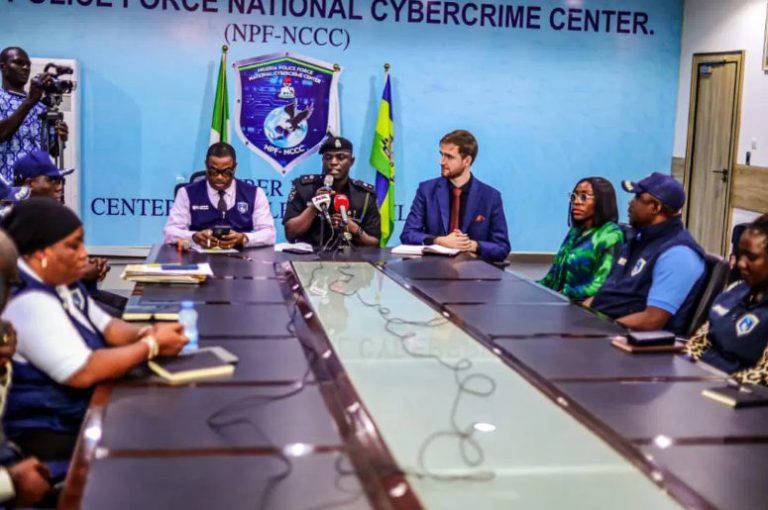
Sudanese soldiers celebrate after they took the Republican Palace in Khartoum on March 21. Whether the capture of the capital proves to be a turning point in the war remains to be seen. AP
For millions of people across the Arab world, this week has been one of celebration as families and communities came together to mark the end of Ramadan. In Sudan, however, the festivities are still overshadowed by violence, with the likelihood that two years of ugly civil war seem set to continue after the Sudanese army seized Khartoum.
In a statement made on the eve of Eid Al Fitr, army chief Gen Abdel Fatah Al Burhan said his forces would keep fighting the Rapid Support Forces until they were either beaten or disarmed. “There will be no going back on defeating and crushing the terrorist Dagalo militia,” he added, a reference to RSF commander and his one-time ally, Gen Mohamed Dagalo. The RSF leader acknowledged the loss of the capital but had fighting words of his own, telling his men that they would return to Khartoum “with even stronger determination”. The two men and their armed groups are fighting a war of terrible atrocities and should be held accountable for them.

Whether the capture of Khartoum by Gen Al Burhan’s coalition of army troops and militant groups proves to be a turning point in the war remains to be seen. Over the past two years, other cities and districts have changed hands but the country is no closer to peace. On the contrary, what is clear is that this dogged pursuit of unilateral victory on the battlefield is not what the country and its long-suffering civilians need.
Sudan faces an array of serious problems. According to the UN’s refugee agency, more than 16 million Sudanese have been forcibly displaced. The World Food Programme says 24.6 million people face acute hunger amid a conflict that has destroyed families, livelihoods, and infrastructure. In addition, combatants on both sides have been accused of perpetrating war crimes, with the UN Committee on the Rights of the Child noting “repeated attacks on civilians and civilian objects, widespread killings, including ethnically motivated, and the death of thousands of civilians”. The legacy of such trauma will take generations to heal.
These are problems that armies and paramilitaries are responsible for and are not equipped to resolve. Instead of military rule or the de facto partitioning of the country into two rival camps, if it is to have a future, Sudan must restart the process of establishing a civilian-led government. Reversing mass displacement, tackling economic collapse, and restoring services and education will require the considerable reserve of talent and experience to be found in Sudan’s civil society. For either the Sudanese Armed Forces or the RSF to rule over a shattered nation would be a Pyrrhic victory indeed.
The most effective way for Sudan to avoid such a fate is to find a political exit through a renewed talks process. Previous rounds of negotiations have produced little progress but the civil war’s changing fortunes might lead its protagonists to rethink their maximalist positions. Renewed international diplomatic engagement and skilled mediation will be required. But given Sudan’s dire straits, the bitter consequences of outright victory by one side or another and the possibility of a civil war in neighbouring South Sudan, the time to find a way out of the fighting is now.




